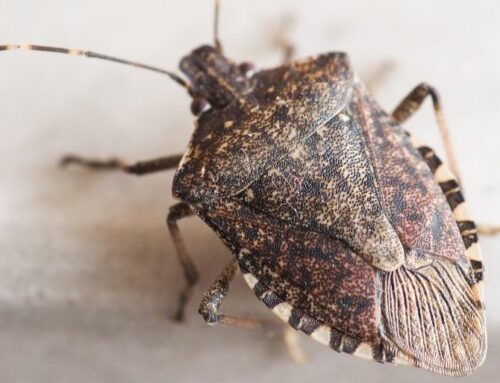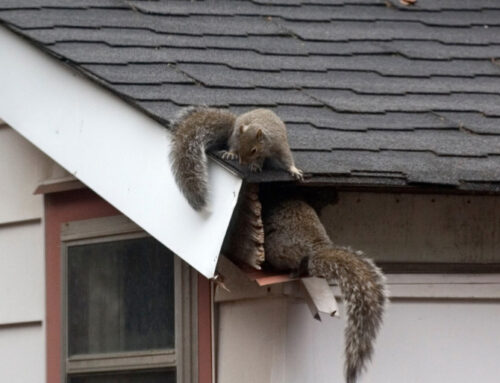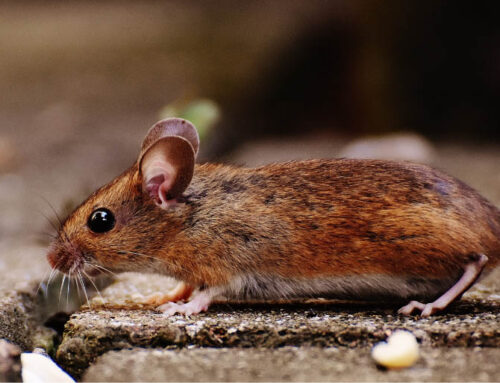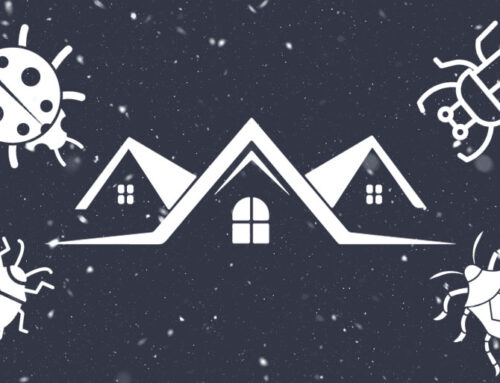As winter blankets the landscape, a noticeable shift occurs in our natural surroundings, marking the beginning of winter pest control efforts. The buzzing and fluttering of summer insects like flies, mosquitoes, and wasps fade, bringing a welcome respite from their incessant bites and stings. However, this seasonal change, while relieving in one aspect, doesn’t signify the complete absence of pest problems. In fact, the colder months bring their own set of challenges as different pests seek shelter and warmth within our homes, underscoring the importance of effective winter pest control.
Understanding Winter Pests: Why They Seek Refuge in Homes
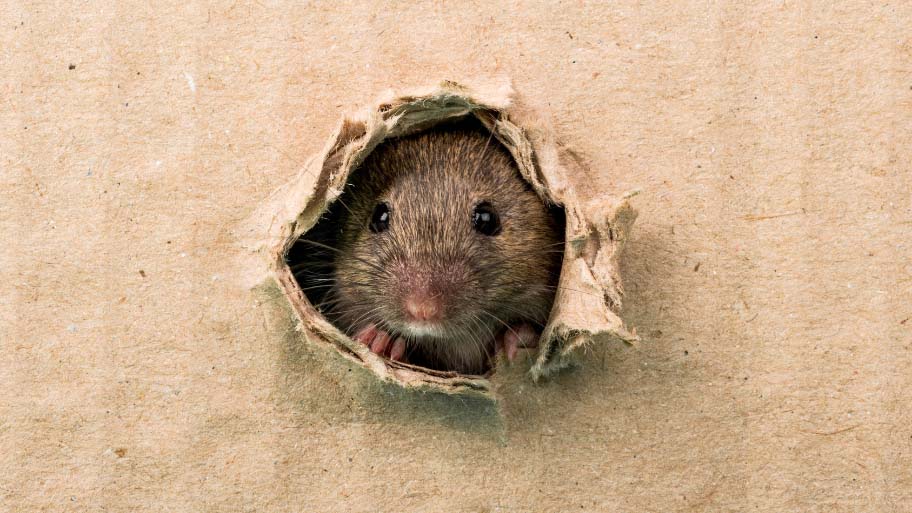
As the chill of winter sets in, not only do we seek the warmth and comfort of our homes, but so do many pests. Understanding why these uninvited guests are more likely to invade our living spaces during the colder months is key to effective prevention and control.
Why Pests Invade Homes in Winter:
Preventive Measures:
Understanding the motivations behind winter pest invasions is the first step in safeguarding your home. By addressing these factors, you can significantly reduce the likelihood of pests turning your home into their winter sanctuary. Proactive measures are always more effective than reactive ones when it comes to pest control.
Comprehensive Guide to Winter Pest-Proofing Your Home
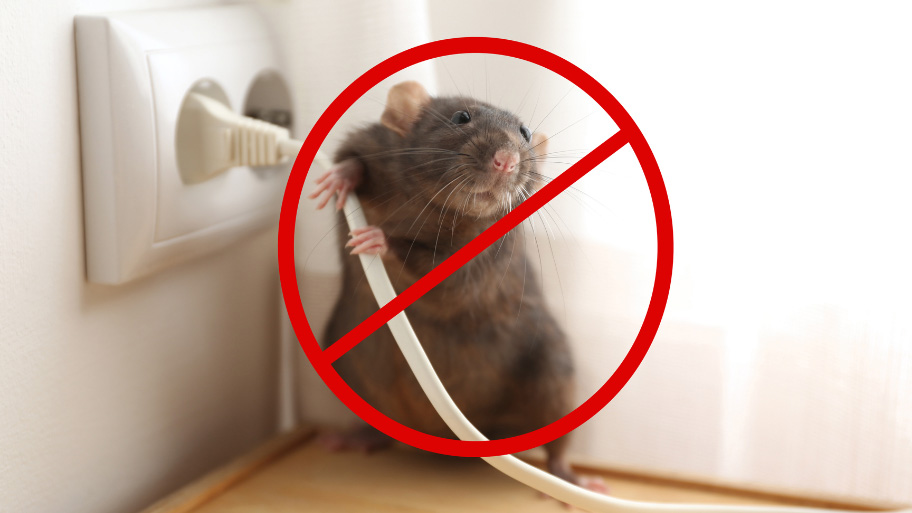
Winter brings a unique challenge to homeowners in the form of pest invasions. As temperatures drop, pests like rodents, insects, and spiders seek refuge in the warmer environments of our homes. A proactive approach to pest-proofing can significantly reduce the risk of infestations. Here’s a detailed guide to help you fortify your home against these unwelcome guests.
1. Inspect and Seal Entry Points: Preventing Rodent and Insect Access
The first step in effective pest-proofing is to decisively cut off access. This critical phase involves a meticulous inspection of your home’s exterior and interior, identifying any potential entry points that pests could exploit. The sealing process that follows is not just about patching up visible gaps; it’s about thoroughly securing your home against the cunning and persistence of pests like rodents and insects.
Inspection and Sealing Strategies:
Seasonal checks, particularly in fall, can preemptively address vulnerabilities before pests become a problem.
2. Insulation and Moisture Control: Essential Strategies for Pest Deterrence
Maintaining a dry and well-insulated home is crucial in the fight against winter pests. Pests are naturally drawn to areas that offer warmth and moisture, making certain parts of your home particularly vulnerable.
Insulation and Moisture Management:
Incorporating these insulation and moisture management techniques does more than just ward off pests. It significantly boosts the overall comfort and energy efficiency of your dwelling. Regularly checking and upkeeping these systems is crucial for creating an environment that’s resilient against pest invasions during the colder months.
Common Winter Pests and Their Impact
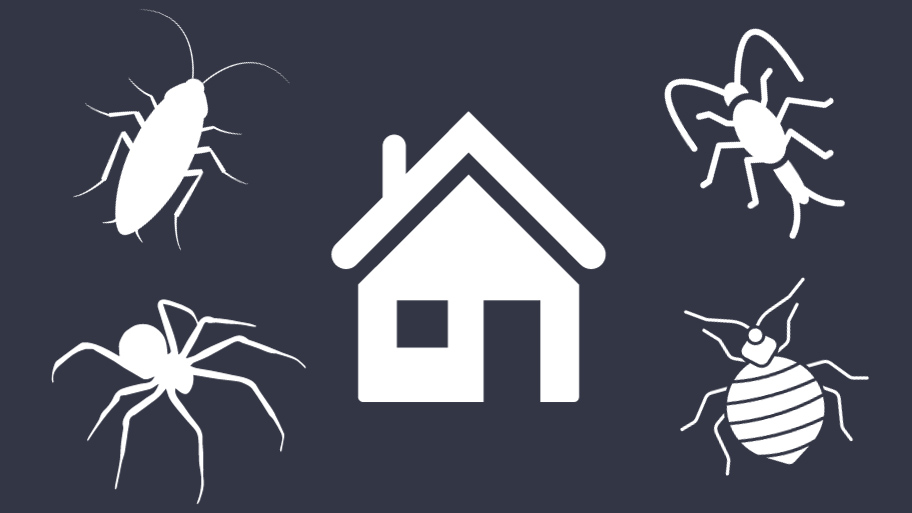
Winter, while quelling some pest activities, ironically intensifies the prevalence of several common indoor pests. Alongside the familiar rodents and bed bugs, there are other pests that frequently make their presence known during the colder months.
Understanding the behavior and potential issues caused by these common winter pests is crucial for developing a comprehensive pest management plan. Effectively addressing the variety of pests that may inhabit indoor spaces is essential for ensuring a healthy and pleasant home environment throughout the colder months.
DIY Pest Control Tips: Effective and Safe Home Solutions
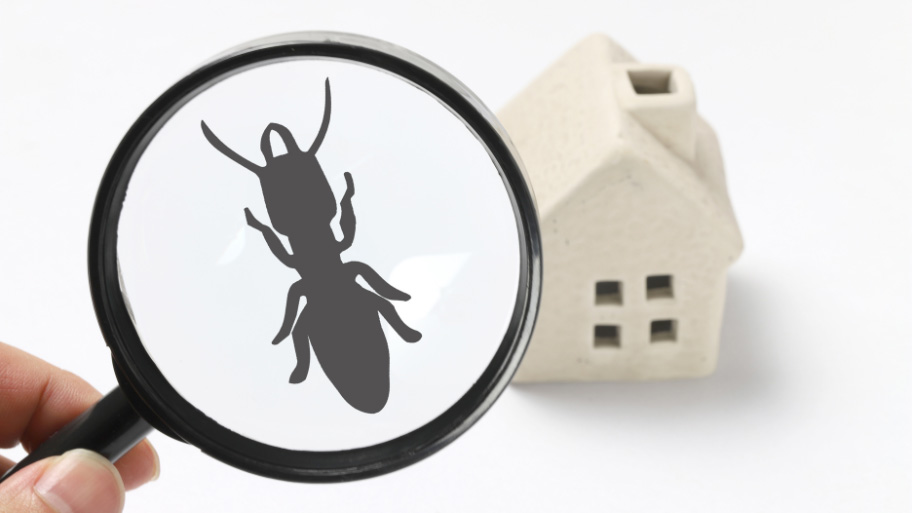
In the battle against winter pests, there are several DIY strategies that can be employed, complementing the standard preventive measures. These tips are not just about combatting pests but also about creating an environment that naturally deters them.
1. Natural Repellents:
Harnessing the power of natural elements can be a game-changer in pest control. Peppermint oil, for instance, is an excellent deterrent for a variety of insects and rodents. Strategically placing a few drops near potential entry points can create an effective barrier.
Another natural ally is diatomaceous earth, a harmless powder to humans and pets but lethal to many exoskeleton-bearing insects such as cockroaches and silverfish. Sprinkling this around areas prone to these pests can help keep them in check.
2. Home Maintenance:
Regular home maintenance plays a crucial role in pest control. Fixing leaky faucets and ensuring proper drainage can reduce moisture build-up, which attracts pests. Keeping your gutters clean prevents water accumulation, which can attract insects and rodents.
3. Indoor Plants:
Some plants are natural pest deterrents. For instance, lavender and lemongrass can help keep certain insects away. Integrating these plants into your home decor can serve a dual purpose of aesthetics and pest control.
4. Food Storage and Waste Management:
The way we store food and manage waste plays a pivotal role in deterring household pests. It’s essential to store all foodstuffs in tightly sealed containers, minimizing the scents that attract pests. Equally important is the regular and proper disposal of waste. Ensuring that trash bins are not only emptied frequently but also kept clean and sanitized can greatly diminish the appeal of your home to various pests.
5. Seasonal Decorations:
Be mindful when storing and unpacking seasonal decorations. These items can often harbor pests if not stored properly. Using durable, sealed containers for storage can prevent pests from nesting.
By incorporating these additional DIY pest control tips into your routine, you can enhance your home’s defense against winter pests. These methods are not only effective but also safe and environmentally friendly, ensuring your home remains a comfortable and pest-free zone.
Professional Pest Control: When to Call the Experts
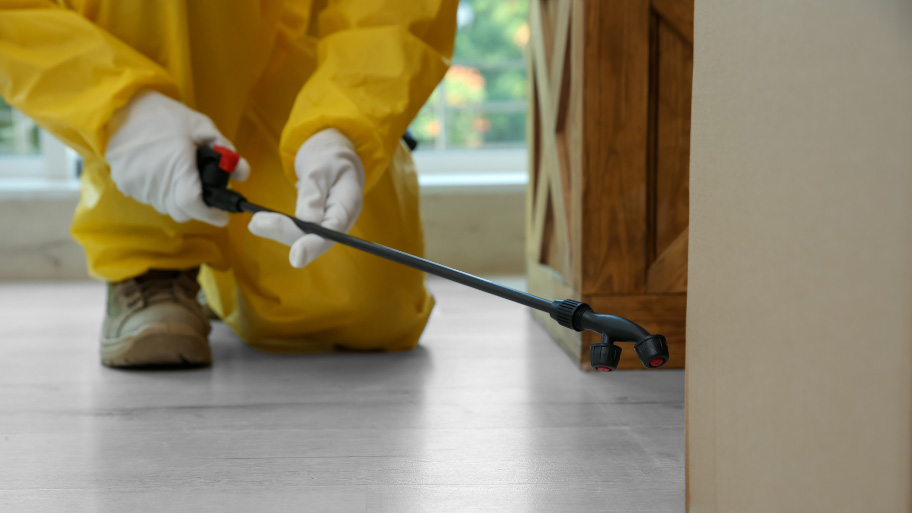
While DIY methods are effective for minor pest issues, certain situations demand the expertise of professional pest control services. Recognizing when to call in the experts can be crucial in effectively managing more severe pest problems.
The Role of Professional Inspections: Termite and Bed Bug Focus
1. Termite Inspections:
Undetected, termites can silently wreak havoc on your property. Professional pest controllers conduct in-depth inspections to uncover any hidden termite activity, helping to avert extensive and costly damage.
2. Bed Bug Eradication:
The elusive nature of bed bugs makes them particularly challenging to eliminate. Pest control professionals are adept at implementing thorough eradication plans that effectively target bed bugs at all stages of their life cycle.
In essence, while DIY pest control has its place, the expertise of professional pest controllers is invaluable for dealing with complex infestations, persistent issues, and pests that pose health risks. Their specialized services, particularly in dealing with termites and bed bugs, are critical for ensuring a safe and secure living environment.
Preparing for the Cold: A Checklist for Winter Pest Control

Conclusion: Maintaining a Pest-Free Home Throughout Winter
As winter sets in, proactive pest control becomes crucial for ensuring a comfortable and safe home environment. Remember to regularly inspect and seal potential entry points, manage indoor humidity, and store food securely. Employing natural deterrents and maintaining cleanliness are key.
For complex challenges, don’t hesitate to seek professional inspections. By following these strategies, you can enjoy a peaceful and pest-free winter in your home.
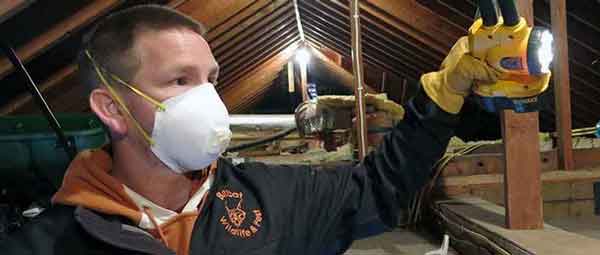
About the Author
Gene Spaulding, Owner and Founder of Bobcat Wildlife & Pest Management, has been at the forefront of pest and wildlife control since 2008. With over 17 years of hands-on experience, Gene combines his expertise and passion to deliver effective and humane pest management solutions to homeowners and businesses across the Des Moines Metro area. Guided by the motto “Your Property, Our Priority,” Gene ensures that Bobcat Wildlife & Pest Management remains a trusted partner for comprehensive pest and wildlife services.

